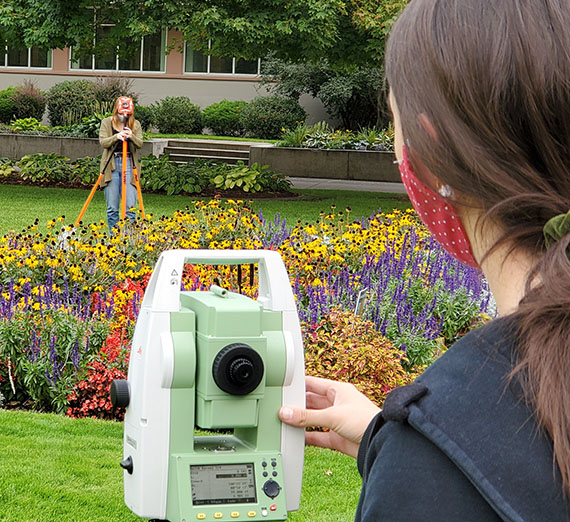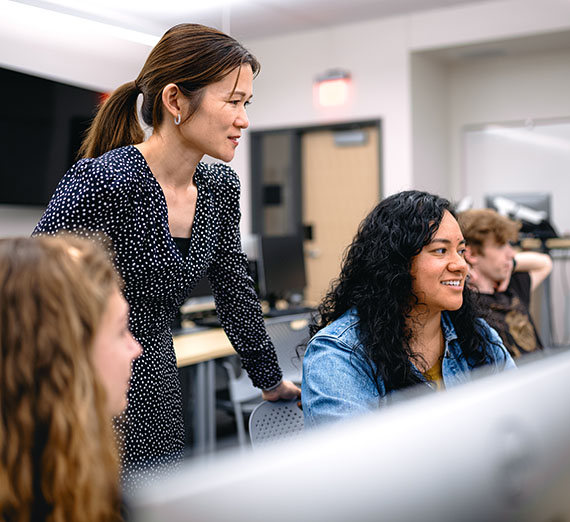Biomedical Engineering
integrating engineering mechanics, biology, biochemistry, electrical & computer engineering, computer science and human physiology.


integrating engineering mechanics, biology, biochemistry, electrical & computer engineering, computer science and human physiology.

You will develop engineering skills to optimize the use of energy, natural resources and processes to create sustainable designs with minimal impact on our environment.

Computer Engineering includes computer systems, general purpose computers, auto ignitions, cellular phones, medical instruments robotics, consumer electronics.

Electrical Engineering is a field that includes the design and creation of electrical systems, devices, and components that are safe, reliable, and practical.

Engineering management professionals understand the practice and concepts of engineering, and they know how to build and manage teams to address the engineering challenges of today.

Mechanical Engineering, a branch encompassing the study of forces, motion, energy, materials, manufacturing, and design used in creation of devices and systems.

Built on a foundation of science, mathematics, programming, and computer architecture, our BSCS program offers a broad range of advanced topics.

Protect computers and networks from hackers and other threats.

Solve real-world problems using large amounts of data.

Students in Gonzaga's Computer Science Bachelor of Arts program learn more than how to work with computers -- they learn how to solve problems.

Open to any Gonzaga undergrad not majoring in electrical or computer engineering

Practice the foundations of computer science alongside any major

Open to any Gonzaga undergrad not majoring in a degree from the Department of Computer Science

Open to any Gonzaga undergrad not majoring in a degree from the Department of Computer Science

Open to any Gonzaga undergrad not majoring in a degree from the Department of Computer Science

Open to any Gonzaga undergrad not majoring in electrical or computer engineering
